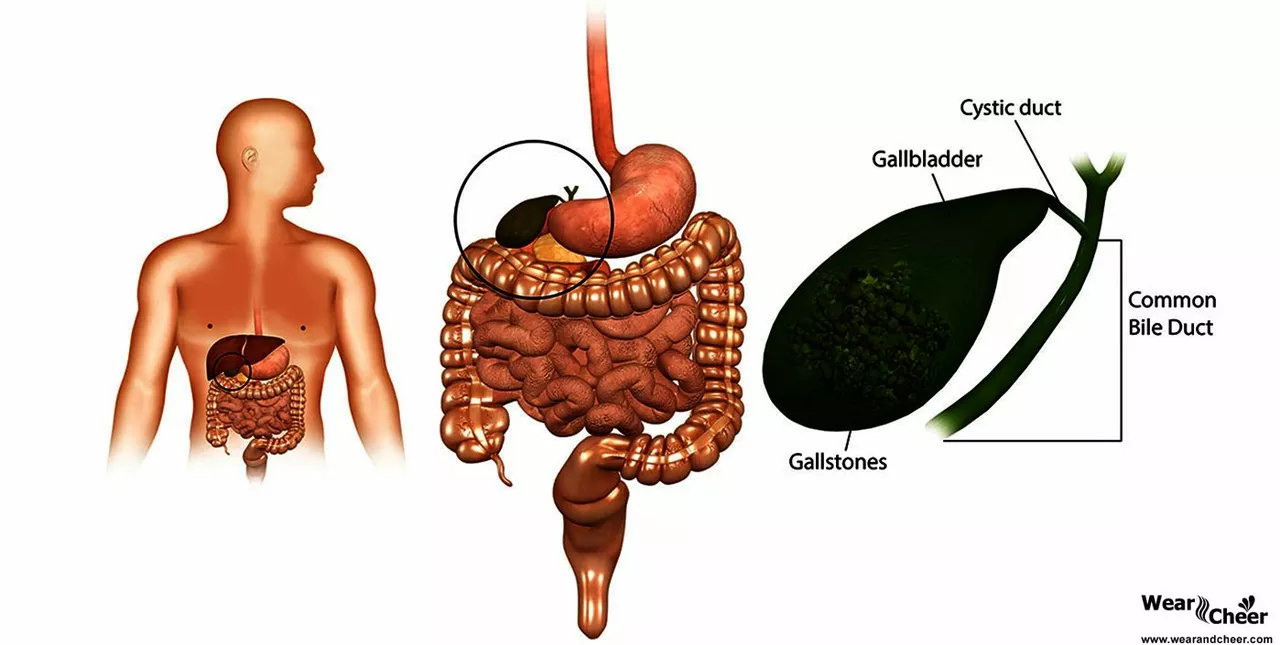What’s the real deal with IBS?
If you’ve ever felt a sudden stomach cramp that won’t quit, or rushed to the bathroom after a meal, chances are you’ve heard of IBS. It stands for irritable bowel syndrome, a condition that messes with how your gut moves and reacts to food. The good news? Most people can control it with simple changes instead of big‑ticket medicines.
Common symptoms you shouldn’t ignore
IBS shows up in three main ways: frequent diarrhea, stubborn constipation, or a mix of both that flips back and forth. You might also notice bloating, gas, or an urgent need to go right after eating. These signs often appear after stress, caffeine, or fatty meals. If the symptoms keep coming for more than a few weeks and affect daily life, it’s time to look deeper.
Because IBS doesn’t cause permanent damage to the intestines, doctors diagnose it by ruling out other problems first. They’ll ask about your diet, stress levels, and medical history, then might suggest a stool test or a quick scan just to be safe.
Practical ways to ease IBS
The easiest place to start is your plate. Low‑FODMAP foods—think rice, oats, carrots, and firm bananas—reduce the fermentable carbs that feed gas‑producing bacteria. Keep a food diary for a week; write down what you eat and how you feel. You’ll spot patterns faster than guessing.
Fiber matters too, but choose the right kind. Soluble fiber like psyllium can soften stool without triggering cramps, while too much insoluble fiber (wheat bran) might make diarrhea worse. Aim for a gradual increase; sudden loads can backfire.
Stress is a hidden IBS driver. Even short breathing exercises or a quick walk after meals can calm the gut‑brain link. If anxiety feels high, consider talking to a therapist or trying mindfulness apps—they’re cheap and often help more than you expect.
If diet and stress tricks aren’t enough, over‑the‑counter options like loperamide for diarrhea or gentle laxatives for constipation may be useful. Talk to a pharmacist or doctor before mixing them with other meds.
Finally, keep the conversation open with your healthcare provider. Share what works, what doesn’t, and any new symptoms right away. IBS isn’t one‑size‑fits‑all, but with the right tweaks you can get back to enjoying meals without fear.
Gallstones and IBS: Understanding the Connection and Managing Symptoms
In my recent research on gallstones and IBS, I discovered that there is a significant connection between the two conditions. Both are digestive disorders and share several common symptoms, such as abdominal pain and bloating. It's essential to understand this link to effectively manage the symptoms and avoid complications. A combination of dietary changes, stress management, and medical treatment can help alleviate the discomfort. Stay tuned for more in-depth information about managing gallstones and IBS in upcoming blog posts.
